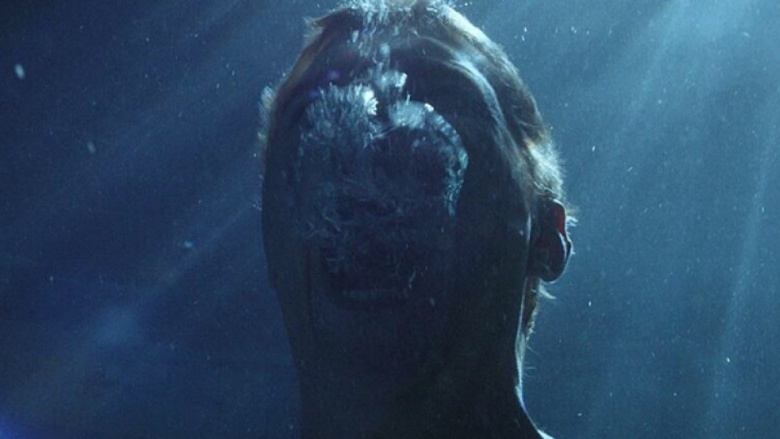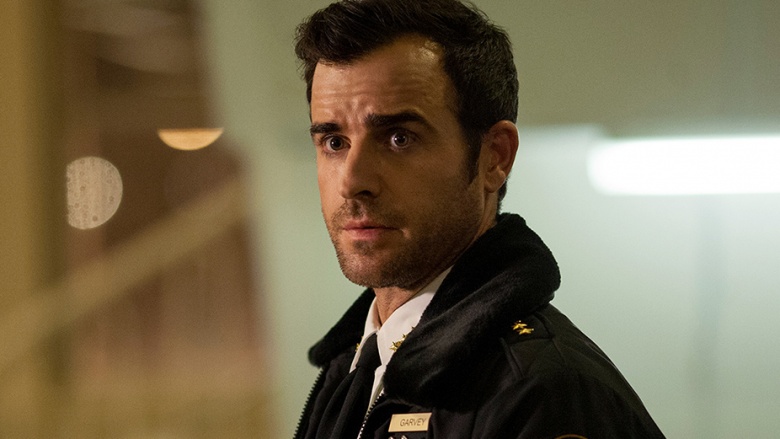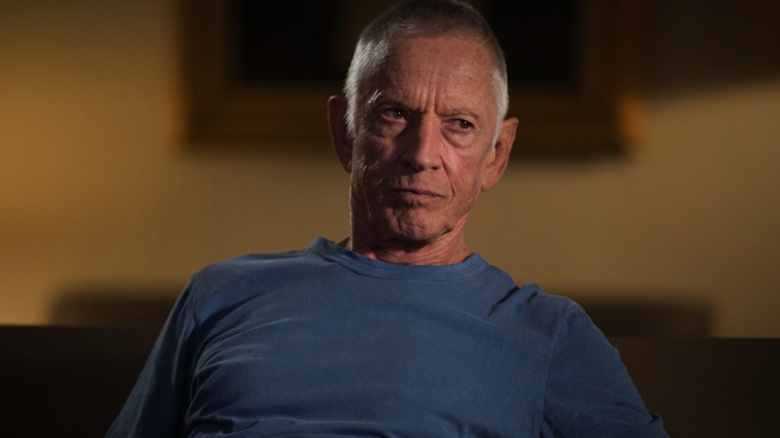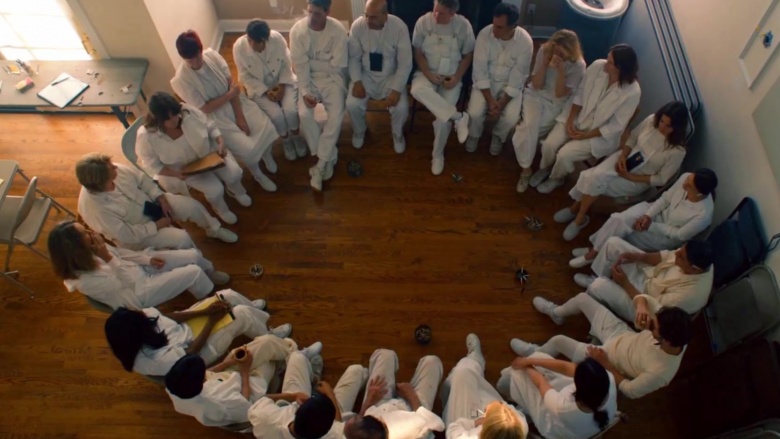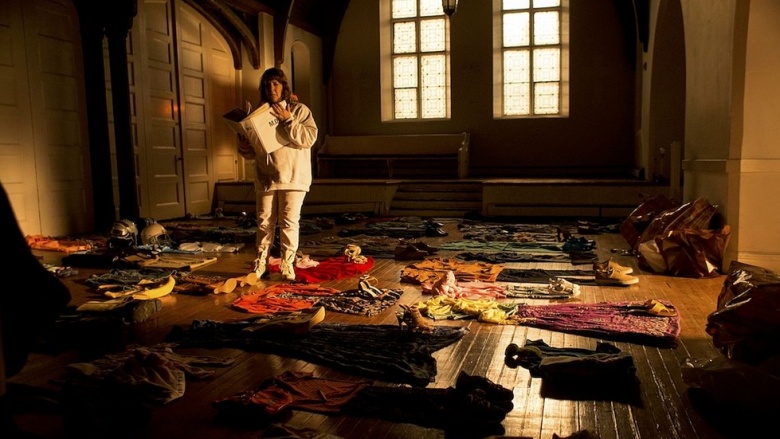Why The Leftovers Is Better Than Everyone Thinks
The Leftovers explores the aftermath of "The Departure," a worldwide event that saw the spontaneous disappearance of two percent of the human population—or roughly 140 million people. Instead of what could have been another post-apocalyptic sci-fi show focused entirely on "the Departure," The Leftovers investigates the residual emotional damage and conflict caused by the loss of not only loved ones, but also one's faith and general sense of reality. It's heavy stuff, for sure, and the showrunners are unapologetic about leaving certain questions unanswered. But, if you can set aside the anguish of never knowing specifically why everyone disappeared, you'll experience one of the most original, daring, and creative shows on television. Here's what they're getting right.
They've surpassed the source material in an organic way
Adapted from Tom Perrotta's novel of the same name, HBO's The Leftovers covered the main plot of the book with season one. Like any adaptation, the showrunners of course made significant changes, but what sets them apart is that instead of being a one-off or a miniseries that ends with the source material, they've taken characters from the original story and placed them into a brand new narrative for season two. Perrotta is on board as creator and showrunner again, so the essence of the characters and themes of the original story haven't been lost in the transition. It's like watching the A-Team take on a new mission, if that mission was them grappling with the existential crisis left by the time B.A. Baracus disappeared from the plane right in front of their eyes. You guys knew he hated flying!
The level of weirdness is appropriate
On top of dealing with his splintered family in the wake of "The Departure," main character Kevin Garvey (played by Justin Theroux) is also suffering from an apparently hereditary mental illness that includes paranoid delusions, sleepwalking, and hallucinations. All of which lead to a surreal bromance with a tobacco-chewing yokel who assassinates dogs and may be a figment of Kevin's imagination. There's also holy prophets, biblical-style stonings, psychics, and bird reincarnation. Oh, and an entire "dream sequence" episode, because we're almost positive every HBO show is required to have one. Out of context, that sounds like a lot to absorb, but within the framework of a world where everyone is questioning everything it all somehow makes sense. When you've experienced your entire family vanishing from the breakfast table, paying someone to shoot you at point blank range in a Kevlar vest just so you feel alive doesn't seem all that strange. Yep, that happens.
The acting is outstanding
Justin Theroux, whose previous acting credits are forgettable at best, is putting in some DiCaprio-level intensity here. We're not sure where his motivation for the performance came from, but if we had to guess, we'd say it was the desire to be known for absolutely anything other than "He's Jennifer Aniston's husband—no, not Brad." The supporting cast is great as well, with a particular nod to Scott Glenn, who plays Kevin Garvey Sr., the patriarch who handed his son not only his job, but also his mental health baggage. We would believe Christopher Eccleston if he told us he preached in his free time, and Kevin Carroll oozes menace as the self-appointed vigilante of Jardin. But the dark horse performance for season two has to go to Liv Tyler, who's usually timid to the point of inducing comas, absolutely nailing a cold and terrifying turn as a villainous cult leader. And yes, the Emmys shut them out, but that's an organization who gave the dude from The Big Bang Theory four awards, so their opinion is soggy garbage. Let's just be honest here.
The expertly curated soundtrack
The show's main score eerily weaves its way into the background through varied compositions that both complement and enhance the tone of the scene. It can be both uplifting and unnerving, which composer Max Richter expertly achieves by manipulating either the tempo or intonation. As if that haunting piece of music wasn't enough, the show also incorporates new, often somber, but beautiful arrangements of pop songs into montage sequences—a hallmark of great HBO dramas. The result is an emotional experience on multiple levels, because while you're being viscerally drawn into the characters' lives with your eyes and ears, you're also realizing how lame your iTunes playlist truly is.
It's a slow burn that doesn't fail to pay off
A lot of the flack The Leftovers gets comes from the show's somewhat maddening inclination to toss a mysterious little nugget in the air and let it hang there for a few episodes before addressing it again. Well, this isn't CSI. There are no expository wrap-up conversations complete with quips, winks, and panoramic hero shots set to U2 songs. Sometimes a girl leaves a baby in a gas station bathroom and you don't find out what happens with that for a while. Sometimes people run naked through the woods for seemingly no reason. But have patience, you aren't left wondering forever. For as slow as the burn sometimes feels, the payoff is just as satisfying. When the Guilty Remnant finally executes their secret plans, jaws hit the floor. When Kevin goes off the rails and takes drastic measures to regain his sanity, there's no pacing problems after that. The Leftovers is the smoked brisket of TV drama. If you're looking for something more like McDonald's, try any of the major networks. They've basically been drive-thru windows churning out Dollar Menu police procedural trash for years now.
It's confusing and messy in the best possible way
Just like they're not interested in telling you why "The Departure" took place, the showrunners don't care about writing a happy ending or even resolving a thread by the end of each episode. The Leftovers deals with the lingering pain of loss, the struggle to move forward, and the complicating factors of everyday life when the overarching structure of it all has fundamentally changed. There's no pill for that, no three-way Mexican standoff where the bad guys all shoot each other, and no hero to save the day. There's just people trying to pick up the pieces of their fractured lives and all of the nonsensical ways in which those coping mechanisms manifest themselves. As bleak as that sounds, the show never fails to find a redemption, though small and twisted as it may be. A character gruesomely slaughters goats in public for a while with no explanation until you find out that the whole town hangs onto this bizarre ritual as some sort of good luck charm. That's what this show does: it makes sense where it shouldn't. It makes you accept something unacceptable, and it makes you reflect on how weird things get in the real world without even the push of a paranormal event.

